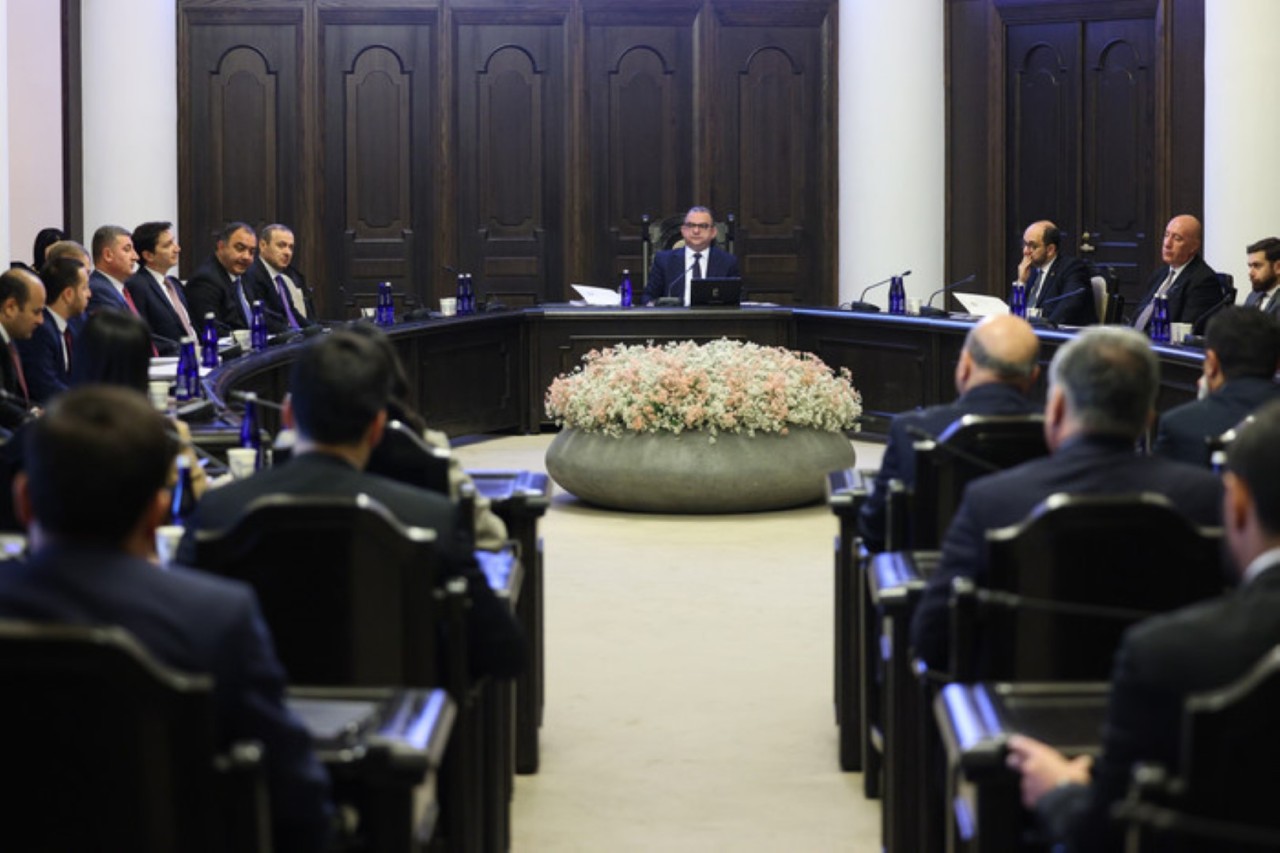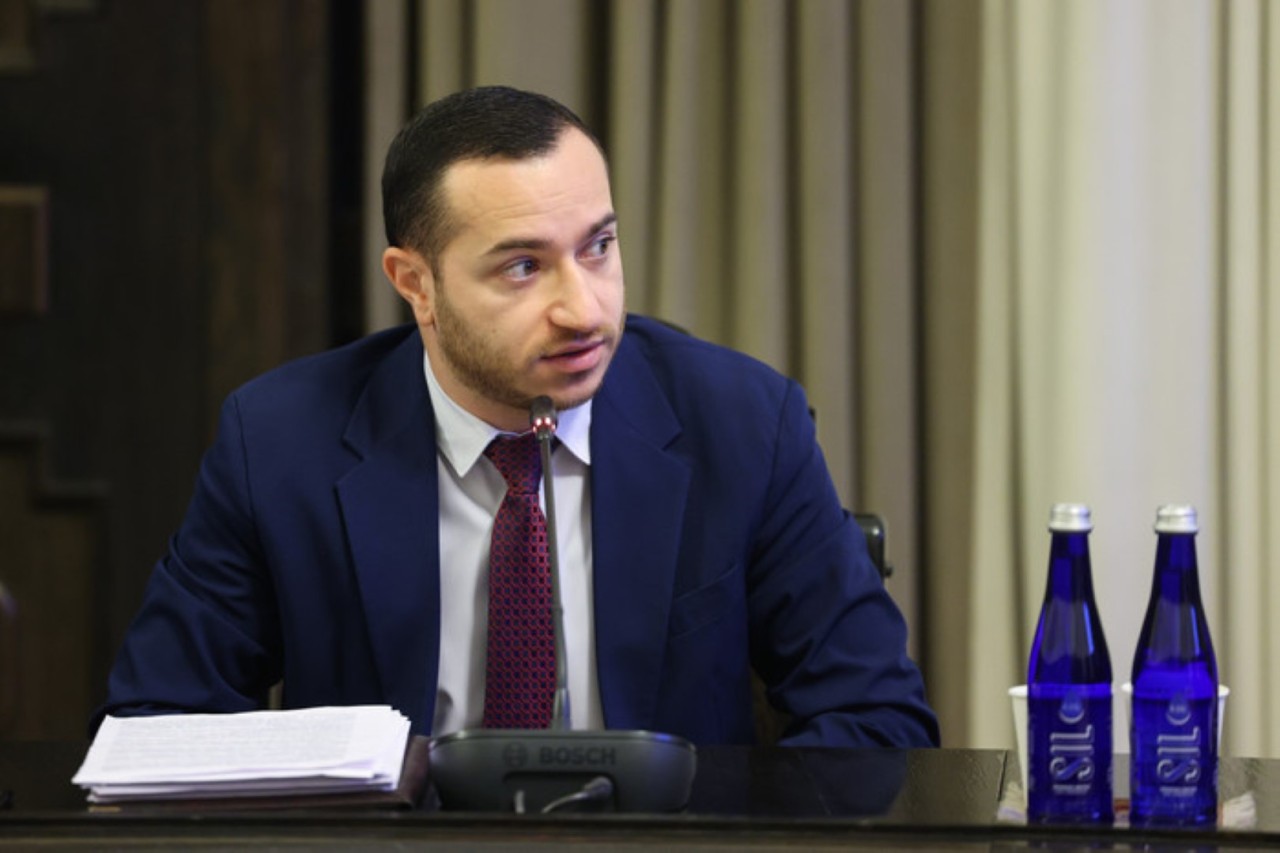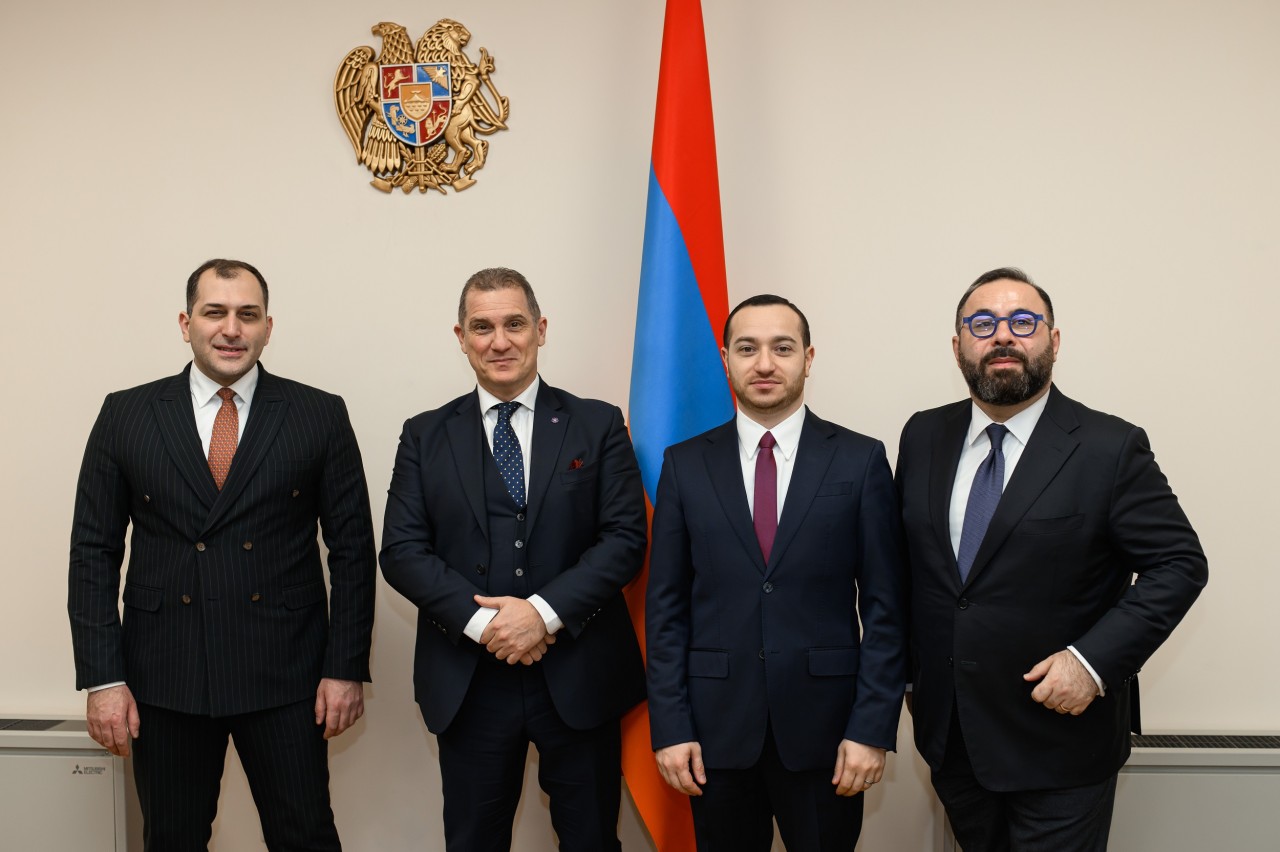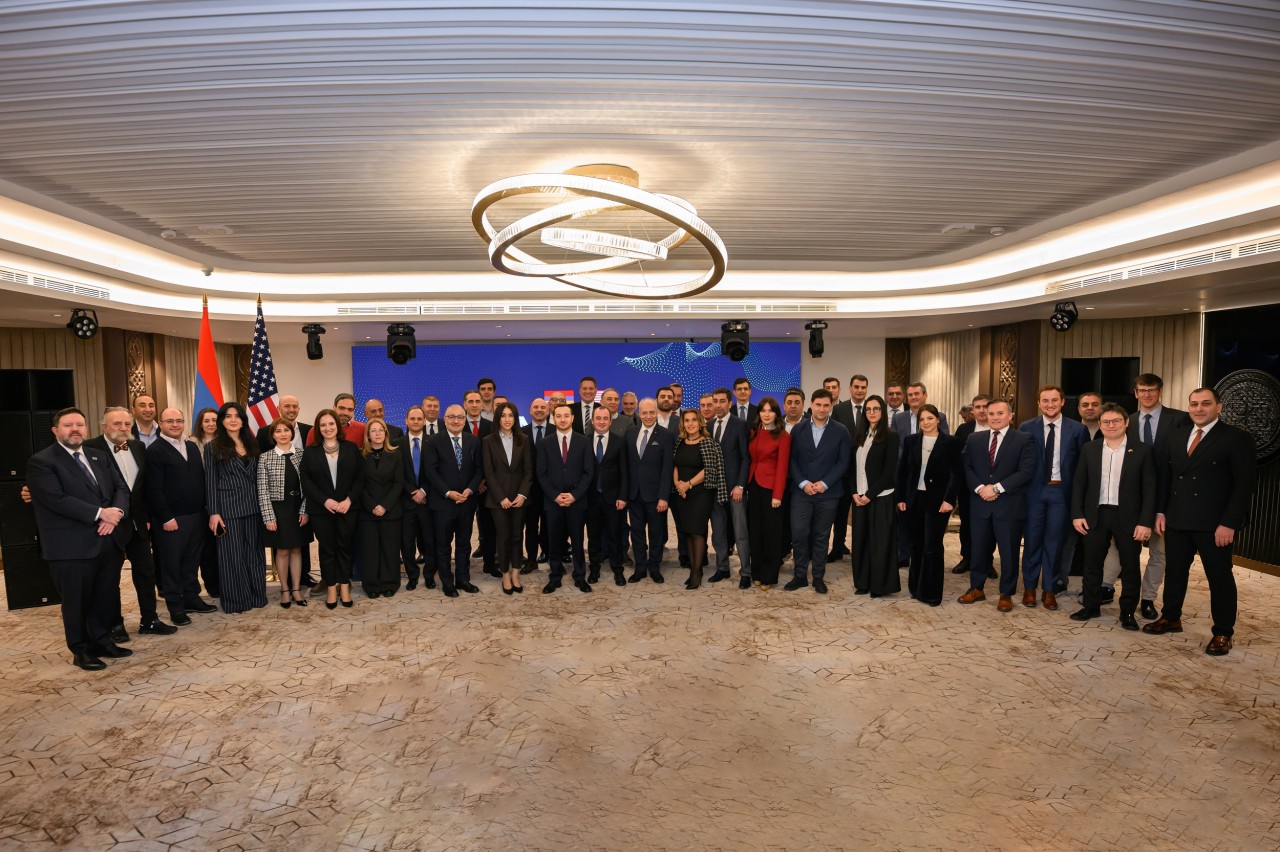The Government Approves Regulations Proposed by Draft Laws Aimed at Developing the Technology Sector

The Government of the Republic of Armenia has approved the regulations proposed by the draft laws "On State Support of the High-Tech Sector" and "On Amendments and Additions to the Tax Code of the Republic of Armenia," presented by the Ministry of High-Tech Industry of the Republic of Armenia.
The set of laws, which aim to define several directions of state support in the high-tech sector, including tax privileges, was presented by RA Minister of High-Tech Industry Mkhitar Hayrapetyan at the October 24 session of the RA Government.
The Minister noted that the submitted drafts offer a comprehensive, extensive package of state support for the next 7 years. Hayrapetyan emphasized that the RA Government Plan for 2021-2026 stipulates that the high-tech industry is a key direction of the economy. Therefore, it is important to propose a legislative package to develop the sector, promote scientific research, innovation, and the creation of new products in the country. This package introduces new state support tools and a range of tax incentives for technology companies to create more favorable conditions for the sector's development.
"In the first proposed direction, we promote the entry of new employees into the technology sector. Startups with up to 30 employees are offered a 100% income tax refund (50% for larger companies) for new employees. This means that we encourage companies to create new jobs. Essentially, this involves cooperation with universities, as well as those employees who have never been involved in the tech sector before," the Minister said.
According to the Minister, this tool is designed to direct the limited available professional capital toward areas that ensure high productivity and prospective long-term economic growth.
The second direction concerns labor migrants. "In recent years, we have seen how different countries adjust their domestic legislation, offering flexible tools to attract highly qualified professional labor. We intend to provide a 50% income tax refund to companies that attract labor migrants to Armenia, thereby increasing professional capabilities in our domestic market, ensuring a new work culture, and transferring technologies to Armenia."
The third direction of the draft addresses the compensation of educational costs incurred in training personnel performing professional work for the economic entity. It proposes a 50% income tax refund on the salaries of hired employees performing professional work, if the quarterly average number of hired employees of the organization or individual entrepreneur does not exceed 30. For companies with 31 or more employees, a 25% income tax refund is proposed.
In this case, for small companies with up to 30 employees, it is also proposed to compensate business trip expenses incurred for personnel training, with a sub-legislative legal act envisaging an upper limit of no more than 2 million drams.
"The next direction, which is probably the most important in the context of strategic plans, is the promotion of scientific research. We have several proposals for companies in this regard. First, we announce that not only tech companies but also those operating in all economic sectors conducting scientific research will benefit from a reduced income tax rate of 10% instead of 20%," said the Minister.
Mkhitar Hayrapetyan emphasized that Armenia should transition from being a service-providing state to one that offers and supplies products to international markets. The Government now offers various tools for companies that seek to bring innovation and develop new products, thereby contributing to the growth of high-value productivity.
"Furthermore, it is proposed to reduce the turnover tax rate by 2.5 times, setting it at 2% instead of 5%," the Minister noted. He added that there are also plans to propose several measures regarding profit tax, including the possibility of reducing gross income for tax purposes by up to 200% of the salary paid to staff performing professional work, though not exceeding 50% of the calculated tax base.
The draft also proposes revising the rules for recognizing gross income for tax purposes. Specifically, for business entities with an average list of up to 30 employees during the tax year, targeted funds received will be recognized as income not in the year they are received but in the year those funds, or assets acquired, constructed, created, or developed with those funds, are recognized as an expense or loss.
The Minister informed that to ensure competent and smooth process organization, a digital platform is planned, with a launch deadline set for July 2025.






